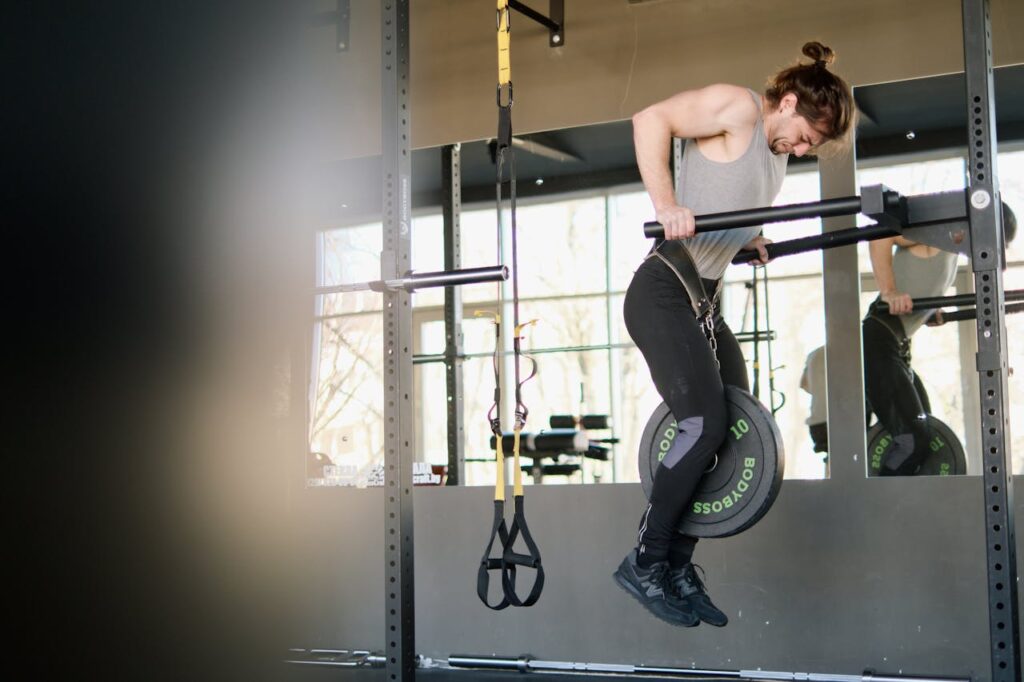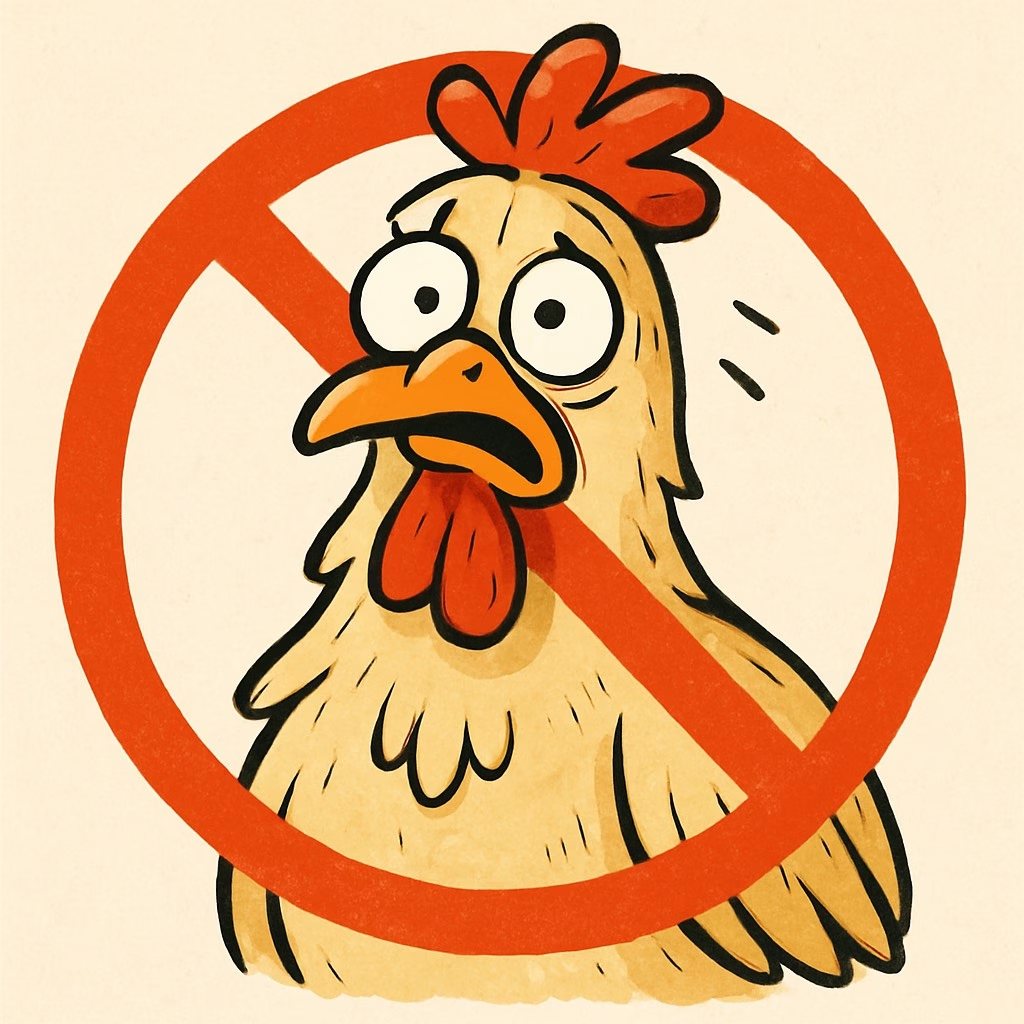Testosterone is the main androgen or male sex hormone. Androgens control the development and maintenance of male characteristics. Produced in the testes, it’s responsible for the development of the penis and testicles, the appearance of facial and pubic hair, and the deepening of the voice during puberty. Testosterone also controls muscle growth, bone strength, sex drive and sperm production.

How much do I Need?
The “normal” range of testosterone in the bloodstream is very wide and can vary significantly from one man to the next. Men’s testosterone levels are at their highest when they’re in their 20s. They start to decline at age 30 and steadily drop by 1 to 2 percent a year after age 40, but testosterone deficiency can occur at any age.
How do I know if my Testosterone levels are low?
Symptoms include a diminished sex drive, difficulty developing and maintaining erections, small testicles, increased breast size, reduced muscle mass and body hair, irritability, fatigue and brittle bones.
“Testosterone deficiency is the most common hormonal disorder in men — it affects about one in 200 men,” says endocrinologist and Andrology Australia Medical Advisor Dr Carolyn Allan. “But if men have always had low testosterone levels, they often don’t identify that there’s a problem because they’ve got nothing to compare it with.”
If you have one or more of the symptoms mentioned above, talk to your doctor about getting tested for testosterone deficiency. He’ll measure the levels of testosterone in your blood, preferably early in the morning when they’re at their highest.
If I have low Testosterone, what can I do about it?
“There are several options for replacement of hormone levels,” says Allan. “There are tablets, patches, gels, injections that last either several weeks or several months, and implants that are inserted under the skin.”
All forms of T-replacement therapy require a prescription from your doctor, who will help you choose the best delivery method for your needs. “Implants and long-lasting injections last for several months, so you don’t have to think about them too often,” explains Allan. “Products such as gels, patches, creams and a new product that will be applied to the underarm are used every day and give very steady levels, although the levels aren’t as high as injections or implants. Tablets aren’t absorbed terribly well, but if you’re only looking for a small increase in levels, it might be appropriate to consider them.”
What if I have too much?
If you think your road rage or short temper at work is due to excess testosterone, you’re probably wrong, as it’s uncommon to produce too much of it naturally. “It’s practically impossible to say that a man will make too much testosterone to the point that it’s a problem,” says Allan.
However, men who have more testosterone than most might reap some health benefits. Researchers at Pennsylvania State University in the US analysed the health records of military men. They found that those with testosterone levels slightly above average tended to have lower blood pressure and a reduced risk of heart disease. On the other hand, they were more likely to engage in risky behaviours, suffer injuries, drink excessively, smoke and have had a sexually transmitted infection.
Regular strength training can boost your T levels by nearly 50 per cent.
What’s the deal with steroids?
Many bodybuilders gain muscle by taking anabolic steroids, which mimic the effects of testosterone. Anabolic processes lead to tissue growth and increases in muscle mass. However, taking steroids can decrease natural T levels. “If men take extra testosterone [in the form of steroids], they turn off their body’s own ability to produce testosterone and to make sperm,” says Allan.
The bad news doesn’t stop there. Steroids have a range of negative side effects, such as shrinking of the testicles, impotence, prostate enlargement, high blood pressure and cholesterol, increased risk of heart and liver disease, baldness, acne, insomnia, and psychological effects such as aggression, violence and depression — not exactly an attractive option. Plus, steroids are illegal without a prescription in Australia because of all these side effects.

HOW TO INCREASE YOUR TESTOSTERONE NATURALLY
Lift: Men who do regular strength training can increase their testosterone by nearly 50 per cent. Fifty per cent! But not all workouts are created equal — compound exercises such as squats and bench presses, which use large muscle groups, will give you a bigger T boost.
1. Lift Weights but don’t Overtrain.
However, researchers at the University of North Carolina found that men who overtrained and didn’t allow for enough recovery time had 40 percent less testosterone. Make sure you get enough rest between sessions and don’t train the same muscle groups two days in a row.
2. Go Easy on the Protein
In a Penn State University study, men who had high levels of dietary protein in their blood had lower levels of testosterone. Eat no more than 1g of protein per kilogram of body weight each day — that’s 85g of protein if you weigh 85kg.
3. Stay Healthy
Several lifestyle factors can affect your T levels, but making a few changes to your habits can boost them back up. “The latest research we conducted looked at testosterone levels in older men who had remained very healthy, and they didn’t appear to have a significant decline in their testosterone,” says Allan. “Unlike women, who all go through menopause, not all men will have a drop in testosterone as they age if they stay healthy.”
4. Lose Weight
Excess body fat increases your levels of oestrogen, which in turn can diminish your levels of testosterone. In fact, a 180cm bloke who carries around an extra 15kg can fast-track his T decline by 10 years. “Avoiding obesity is the single most important factor is optimising your testosterone levels,” says Allan.
5. Cut Back on Booze
Two major studies conducted at Harvard Medical School in the late ’70s concluded that alcohol — particularly binge drinking — decreases T production. Limit your alcohol consumption to one or two drinks a day.
6. Get Enough Sleep
A study by the University of Chicago Medical Center found that men who sleep less than five hours a night for a week have significantly lower T. Aim for seven to eight hours of shut-eye every night.
7. Quit Smoking
As if you needed another reason to kick the habit, smoking also wreaks havoc with your man-hormones. “Smoking significantly decreases your testosterone levels,” says Allan. And that includes weed.
8. Have Morning Sex
Simply having an erection causes your T levels to rise. And since they’re naturally at their highest in the morning, you’ll get double the benefits from a morning session.
9. Stress Less
Chronic stress associated with work or financial pressures can lower testosterone significantly, so try to keep your anxiety levels in check. Regular exercise, a healthy diet and getting adequate sleep are all key factors in stress reduction.
10. Eat Healthy Fat
Men who eat the most fat have the highest amounts of testosterone but stick to monounsaturated fats found in found in fish, nuts and olive oil. These healthy fats seem to have a particularly beneficial effect on testosterone levels.




